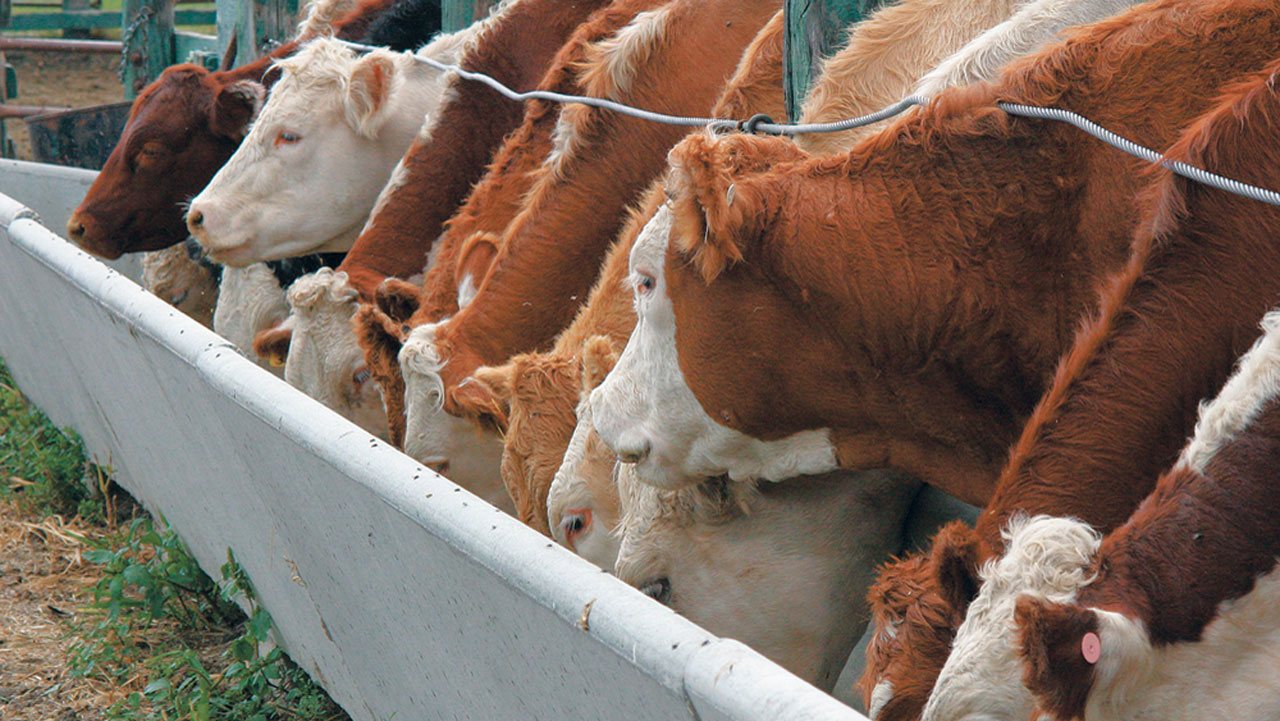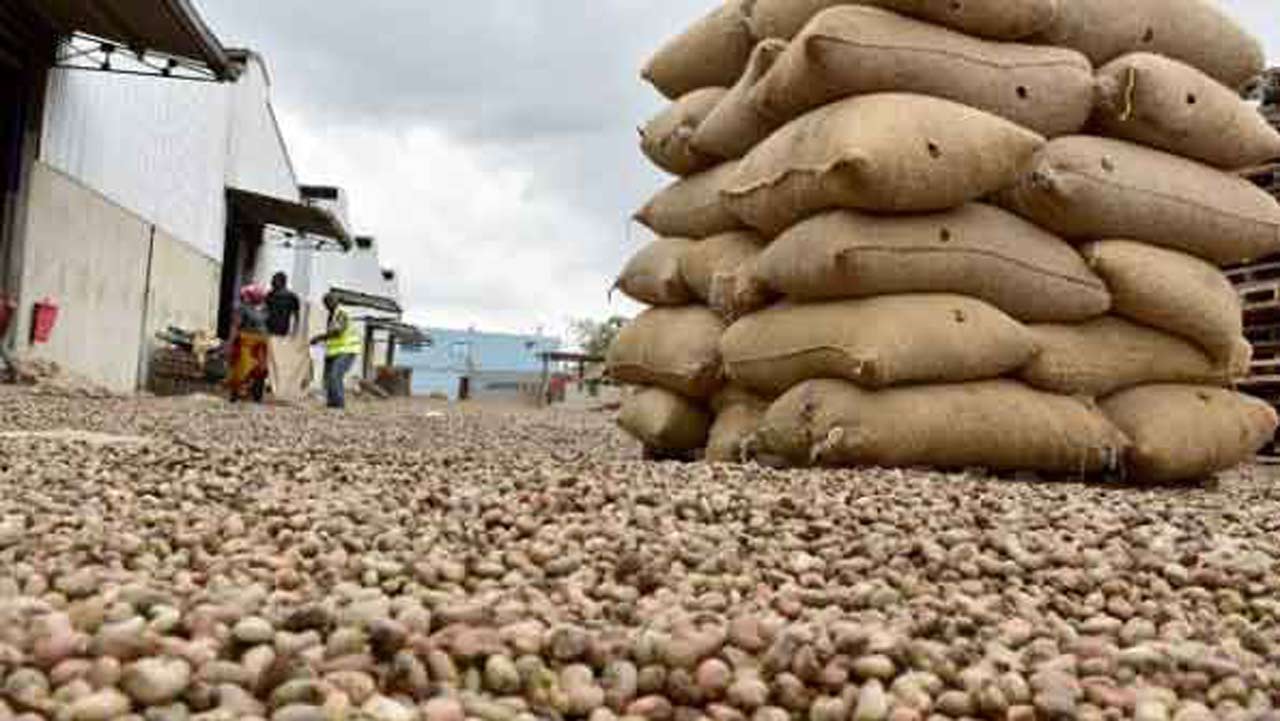The Director-General of the Manufacturers Association of Nigeria (MAN), Segun Ajayi-Kadir, has commended the Federal Government and the Minister of Finance and Coordinating Minister for the Economy, Wale Edun, over the recent suspension of the reintroduced four per cent free-on-board charge on imports, which came into effect on August 4, 2025.
Ajayi-Kadir said this comes as a relief to all manufacturers who have been anxiously concerned about the imposition of the charge.
Expressing confidence that the Nigeria Customs Service (NCS) swiftly communicates the directive to all relevant commands, he said, the charge should be immediately taken off their portal, while they await the full restoration of the B’Odogwu platform.
Adding that this has brought succour and encouragement to the manufacturers and the business community, he said the country has been rescued from a self-inflicted price escalation.
“Though it was meant to boost government revenue, the charge is akin to an ‘own goal’ in a football match”, he said.
Noting that the reintroduction of the charge was quite concerning and they were apprehensive that it would lead to a significant escalation in the cost of raw materials, machinery and spare parts that are not available locally and therefore have to be imported.
He said this is the best way to guarantee an efficient and friendlier trade facilitation ecosystem for the business community and, by extension, the overall well-being of Nigerians.
“We had outlined the basis for our objection to the charge, after a technical assessment and extensive consultation with our over 2,500 members, who operate in 10 sectors and more than 60 sub-sectors across the country.
“It became evident that the cost implication of the FOB charge was significantly higher than the combined effect of the subsisting seven per cent surcharge and 1 per cent CISS, thereby impacting heavily on the cost of our inputs.
“The higher cost will be passed on to consumers and this will fuel inflation, which already stands at 21.88 per cent as of July 2025 and undermine the prevailing struggle with high inflation. The comparable prevailing rates within West Africa range between 0.5-1 per cent and so maintaining a 4 per cent FOB would directly skyrocket the cost of doing business, incentivise smuggling, cargo diversion and encourage under-declaration.
“Overall, we were convinced that a reversal was necessary to give a boost to the efforts of the government at reducing the costs of local production, deepen domestic value chain addition and economic diversification.
“As an association representing the interests of manufacturers across various sectors, we believe that this decision will have a positive impact on the sector, enabling businesses to remain competitive and grow. We applaud the government for listening to the concerns of stakeholders and taking swift action to redress the issue,” he said.






